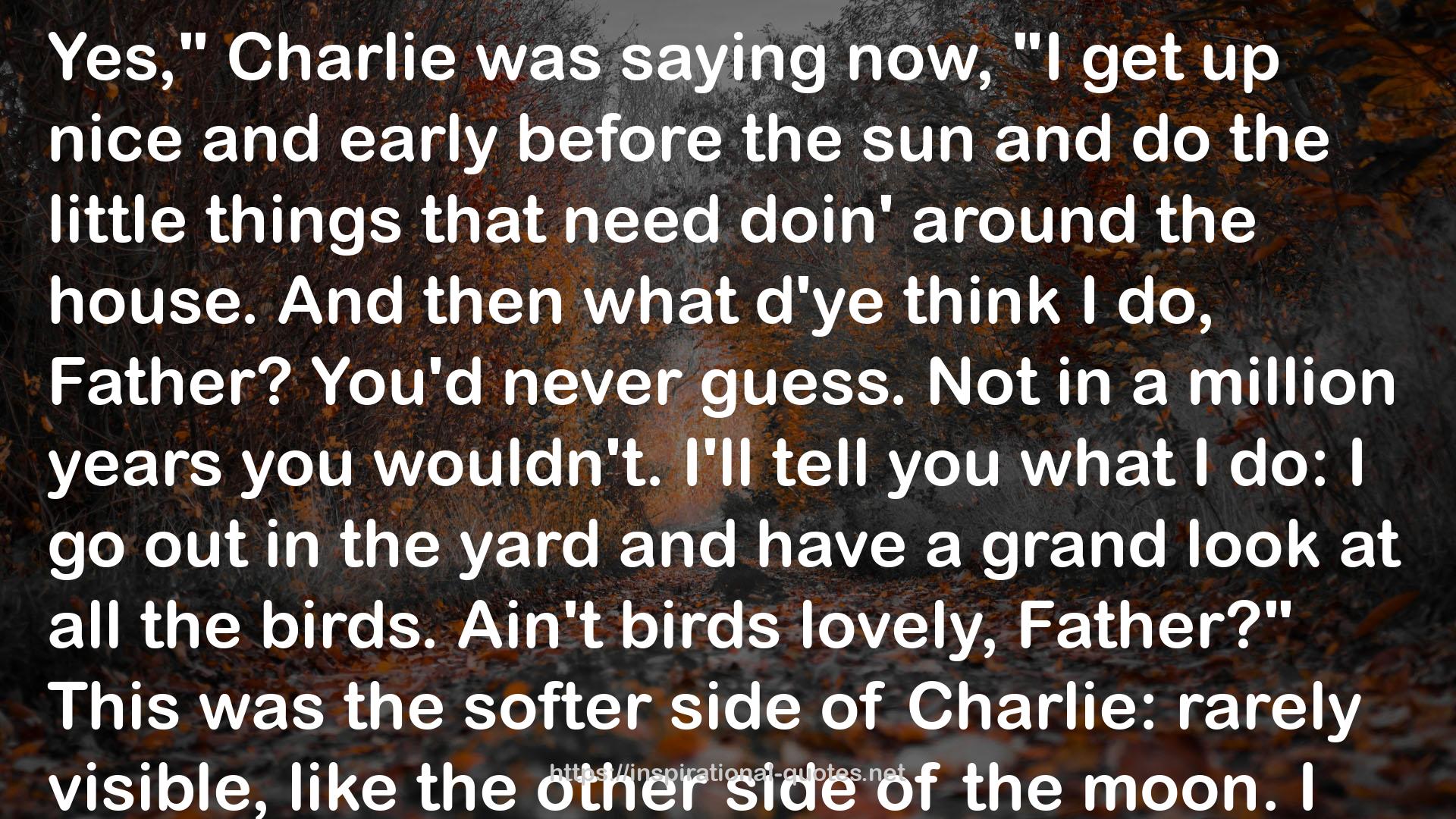The Edge of Sadness QUOTES
SOME WORKS
- Three of Us (Three of Us, #1)
- Prince Charming (Renegade Souls MC #9)
- Resurfaced Passion (Renegade Souls MC #6)
- Savage Outlaw (Renegade Souls MC #8)
- Finally Winter (Renegade Souls MC #5)
- Manhattan Heart (From Manhattan #5)
- Manhattan Bet (From Manhattan #2)
- Manhattan Secret (From Manhattan #4)
- Manhattan Target (From Manhattan #6)
- Manhattan Sugar (From Manhattan #1)

